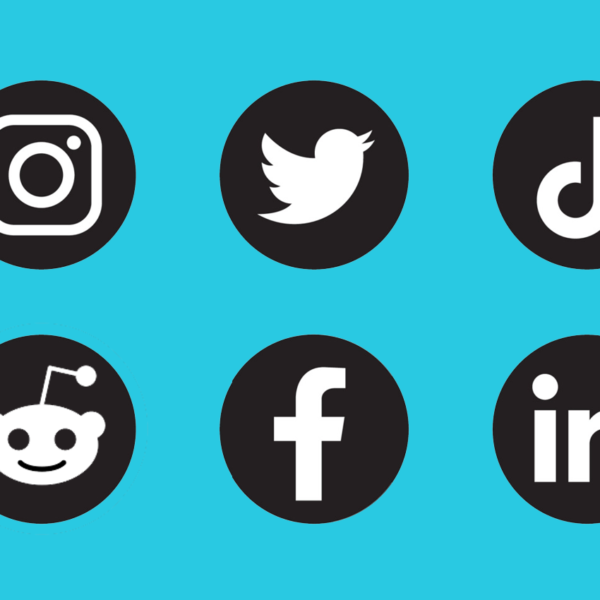COVID-19 has affected virtually every healthcare field in significant ways. While we continue to navigate ourselves back to some semblance of normality, many fields have been forced to adjust their practices in order to recover in a safe and timely manner. One of the most pressing side effects from the COVID-19 outbreak is the impact it’s had on the healthcare economy, and the roles that accompany it. The outbreak has rearranged the way that healthcare management is conducted, at both a clinical and non-clinical level.
The management of a healthcare facility is already an intricate practice but throwing a global pandemic into the mix has presented a whole new set of challenges. However, the ever-resilient healthcare community has continued to rise to the occasion and find strategic and creative ways to mitigate the economic impact of the virus.
Here are some of the ways healthcare management has changed as a result of COVID-19.
Changes to Supply Chain Management
The sudden onslaught of the COVID-19 outbreak presented an unparalleled situation for healthcare facilities: in a matter of weeks, nearly every facility across the country needed a massive amount of personal protective equipment, ventilators, and other valuable resources, all in a short amount of time. Finding room in the budget to do so, ensuring that sufficient resources were acquired and utilized as efficiently as possible, all while keeping staff and patients safe, was no easy feat! Some healthcare facilities certainly felt the strain.
While matters have calmed down recently, establishing good inventory management and good relationships with suppliers is a practice that many healthcare managers have adopted, in the event that facilities are faced with a similar shortage. After seeing just how valuable these materials are, it is likely that many healthcare managers have adjusted their supply management methods to avoid being unprepared in the future.
Changes to Non-Clinical Healthcare Management Roles
Many hospitals around the world, such as in Italy, have created dedicated COVID-19 wings and hospitals, so that they will be much better prepared with more physical space if another wave hits. They have taken what they have learned from the first outbreak to manage any future occurrences more strategically.
In the United States, some centers have followed suit in rearranging their management structures and physical spaces, in order to best protect both patients and staff in the event of a second outbreak. One health system in Pennsylvania makes some interesting insights into one of the biggest COVID-19 trends – working from home: “Health systems that have had success with WFH should consider assessing what proportion of their workforce could WFH permanently; we project markedly decreased operational costs and conversion of administrative areas to clinical space with this approach”.
Healthcare management is one of the only functionalities of a facility that can be conducted remotely, and this approach could allow for more physical space to care for future patients as well as contribute to lower operational costs. Of course, this is just one potential path, but finding creative solutions with various healthcare management and administrative roles needs to be top of mind.

Overcoming Financial Hurdles
In the long term, many experts agree that the financial effects from the outbreak will take time to recover from, and necessary adjustments will need to be made in order for healthcare facilities to stay afloat.
Jonathan G. Wiik, a health revenue expert with 25-years of experience in the industry, predicts that issues surrounding finances and health insurance will be one of the most pressing issues of the next several months. With an extreme increase in patient volume, many of whom are uninsured, he fears that there may be a wave of payment disruption and inaccuracies, including denials and underpayments, due to higher volumes of patients in an already overwhelmed healthcare system.
He encourages healthcare finance managers to review their accounts receivable recovery processes and make any necessary adjustments that can help to relieve pressure on staff and allow them to focus on claims which are more likely to be reimbursed.
Backlogged Elective Procedures
One of the biggest defining features of the COVID-19 era healthcare facility was the shutdown of elective surgeries and other procedures, so that healthcare professionals could devote their attention and resources to battling the outbreak. Because these kinds of procedures generate a huge portion of their revenue, stopping them altogether contributed to a major financial loss for most healthcare facilities across the country – almost $200 billion dollars nationwide at the end of June.
Many centers have begun performing elective surgeries again over the past several weeks, which is a positive indicator for everything returning to ‘normal’ and slowly increasing hospital procedural volume. However, healthcare managers are now faced with a several-months-long backlog of scheduled procedures, which will likely continue into the fall and winter.
Managing the administrative burden of scheduling these procedures also has to take into account a new collection of COVID-19 related health and safety concerns that will inevitably slow these processes down. Healthcare managers will now have to find strategic ways to streamline and reorganize scheduling and workflows, in order to get hospital volume back to where it was and ensure that hospitals are making enough money to stay in operation.
Are you looking for a new job in the healthcare management sphere? It is one of our specialties – Radius is proud to partner with a number of healthcare facilities across the country to fill exciting and meaningful positions in healthcare management. Contact us today to get started.











